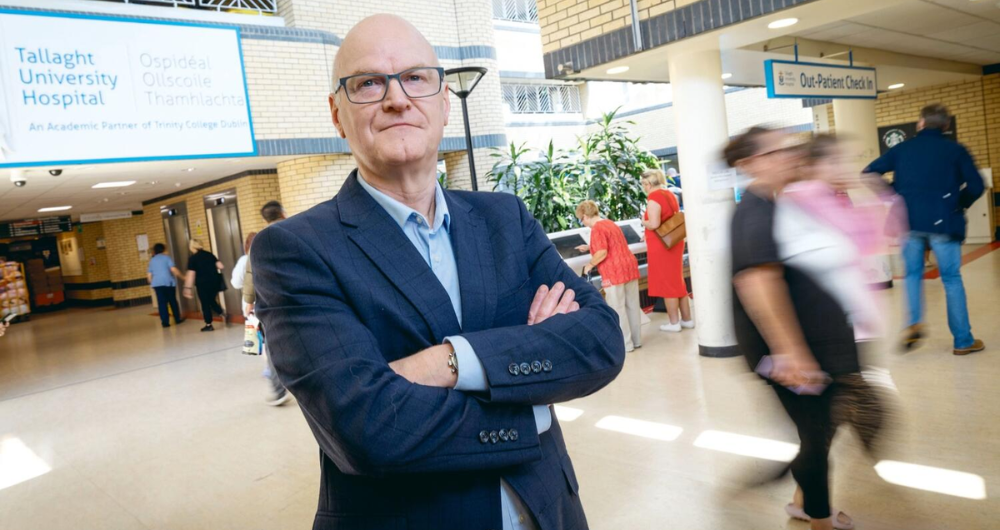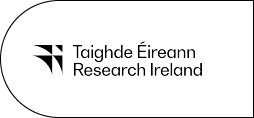
Image: Fergal Phillips
Digital Gait Labs is leveraging the Spark crowdfunding platform to raise €625,000 in its upcoming funding round.
Founded by Aidan Boran, Larry Keaveney, John O’Brien and Seán Kennelly in 2022, the company has six staff and has raised €750,000 in funding to date.
The business was spun out of the Alpha Centre in DCU and is seeking to address gait issues – problems with walking and balance – in older people, in order to better manage the risk of falls. To do this, Digital Gait has created software that processes videos recorded on smartphones.
Read the full story in The Business Post

